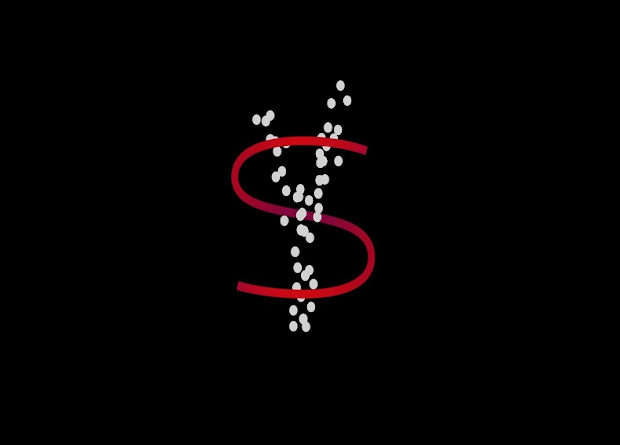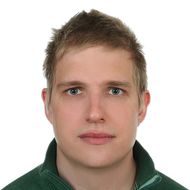Three HSE Researchers Receive Ilya Segalovich Award

Three researchers of the HSE Faculty of Computer Science are among the winners of the 2022 Ilya Segalovich Award: Research Professor Dmitry Vetrov, Associate Professor Alexey Naumov and doctoral student Sergey Samsonov. The award, established by Yandex in 2019, is aimed at supporting young researchers and the scientific community in the field of IT in Russia, Belarus and Kazakhstan.
The winners will receive a cash prize of 1 million roubles. The early-career researchers will also have an opportunity to use grants for Yandex products, including the Toloka crowdsourcing platform for marking up data and the Yandex DataSphere cloud service for organising a full cycle of machine-learning development.
The competition is open to doctoral students, master’s and 4th-year bachelor’s students studying on state-funded programmes at universities or research institutes, as well as the academic supervisors of theses or candidate dissertations with an academic degree and scientific publications. One important condition of participation in the competition is that students continue their studies next year.
The winners are determined by an award committee of six scientists.
The award is given for achievements in the following areas of computer science:
machine learning
computer vision
information retrieval and data analysis
natural language processing and machine translation
speech recognition and synthesis
In addition to researchers from HSE University, this year’s winners include young Skoltech scientists Maxim Velikanov, Peter Mokrov, Taras Khakhulin, and Ruslan Rakhimov, as well as Maxim Kodryan from the Computing Centre of the Academy of Sciences.

Alexey Naumov
‘It is a great honour to receive the Ilya Segalovich Award. I was nominated by the students, which is doubly honourable! The award is given to academic supervisors for achievements in science and the education of a new generation of researchers. I have been actively engaged in research and have been working with students since 2013. Many of my students continue research in Russia and abroad. It's nice to realise that I could have influenced the students’ decisions to connect their life with science, and might have helped them choose their field of research.’
